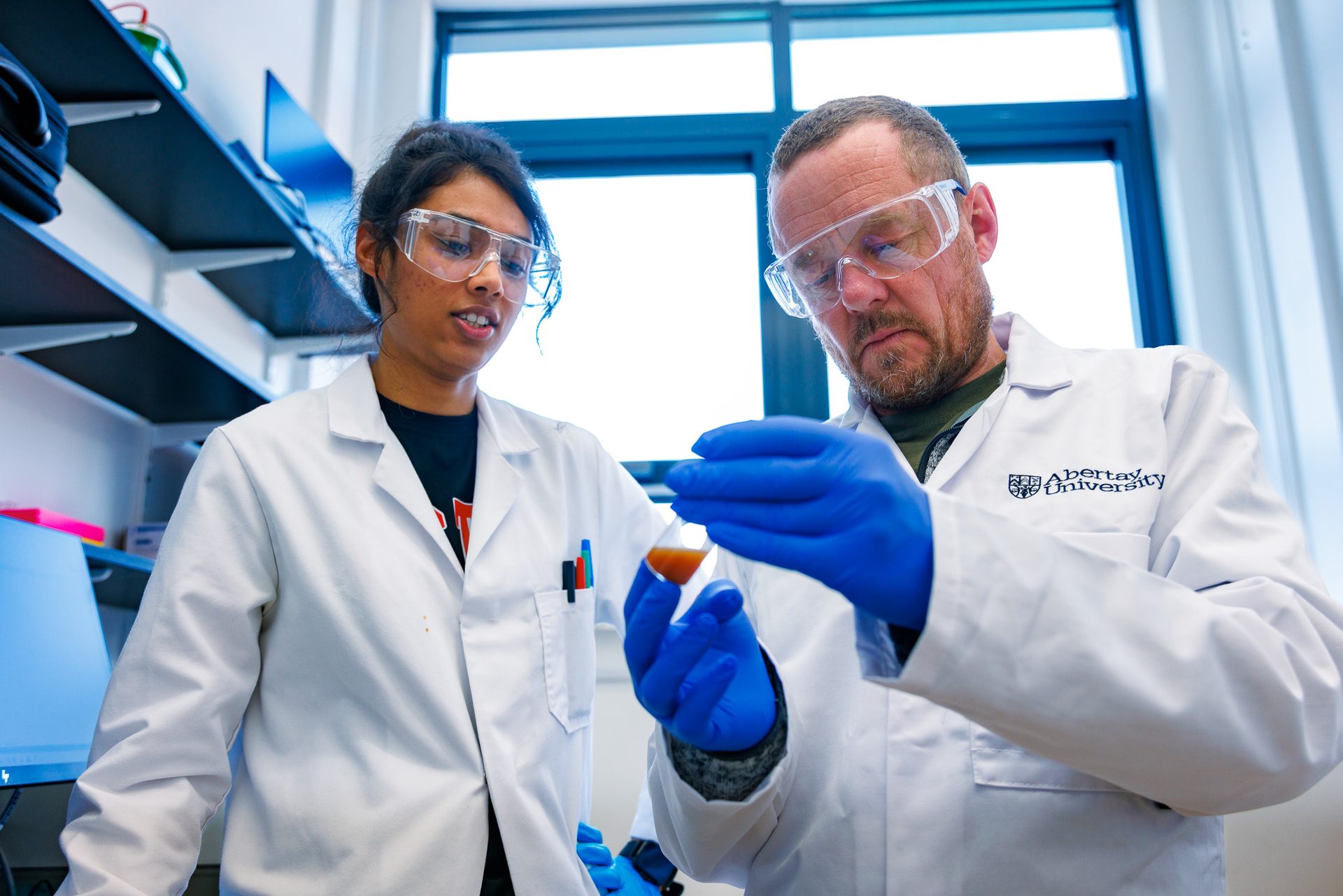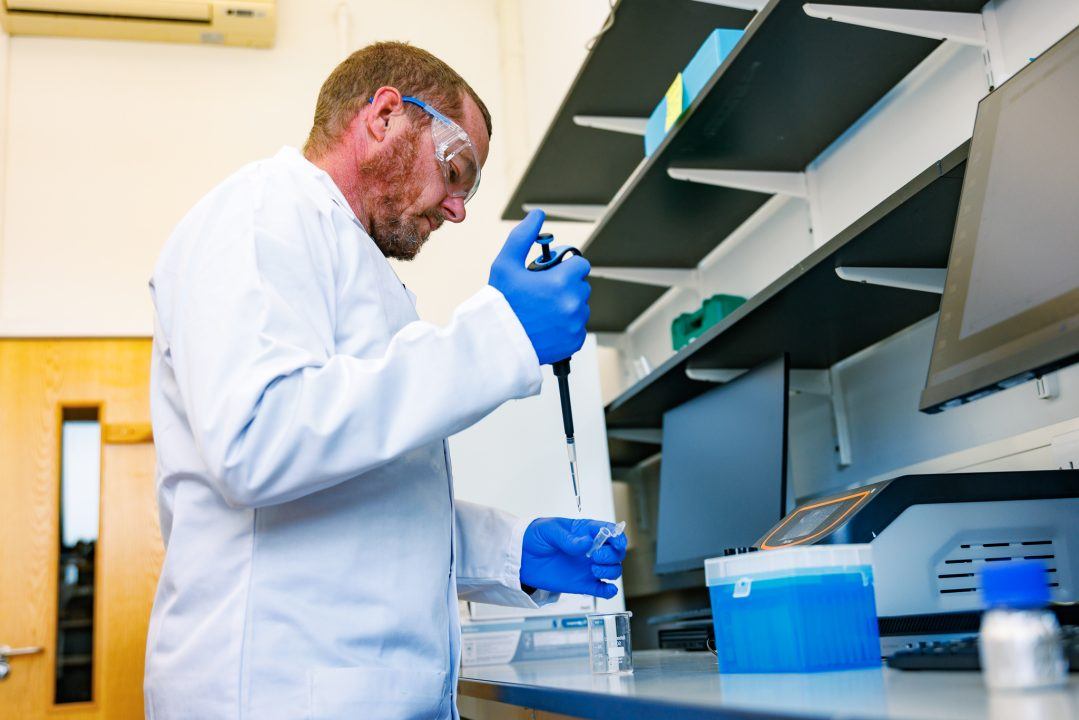Scots scientists have developed a new prototype multi-disease screening blood test for infectious diseases designed to provide results within 15 minutes.
The research from Abertay University and Bangor University in Wales has produced a prototype flow-through assay test capable of detecting up to five infections.
The process has the potential to significantly speed up diagnostics that would previously have taken weeks by providing on-the-spot data and is also far more affordable than the current testing model, which requires analysis in a lab.
A specialist smartphone app (RAP-TBS) was developed to analyse and communicate results quickly, meaning the test could be performed directly in remote villages, providing immediate results and reducing the need for patients to travel significant distances to access laboratory facilities.
Using tuberculosis (TB) as a pilot case, the researchers designed the test – which works similarly to a lateral flow device – to be capable of detecting a range of infections and more than one infection at a time.
The test showed a sensitivity of 90% and a specificity of 63% in detecting TB, meaning it can accurately identify cases while providing a good screening test for remote locations.
The research was led by Professor Christopher Gwenin of Abertay University in collaboration with Professor Mark Baird of Bangor University.
 Abertay University
Abertay University“The development of this prototype blood test represents a significant leap forward in healthcare innovation, offering rapid detection and potentially life-saving diagnoses for multiple infectious diseases in remote areas,” said Professor Gwenin.
“The ability to detect TB rapidly could transform the diagnosis timeline, and this is particularly vital in rural areas, where people lack access to adequate diagnostic services.”
Tuberculosis remains one of the world’s deadliest infectious diseases, claiming approximately 1.25 million lives annually – more than HIV/AIDS and malaria combined.
“This innovative device has real potential to provide a very rapid screening tool for the diagnosis not only of TB but also of other significant human and animal infections caused by mycobacteria,” explained Professor Baird.
“TB remains one of the major causes of death worldwide, despite being both preventable and treatable, and, with further development, this research has the potential to make a real impact.”
Follow STV News on WhatsApp
Scan the QR code on your mobile device for all the latest news from around the country


 Abertay University
Abertay University
























